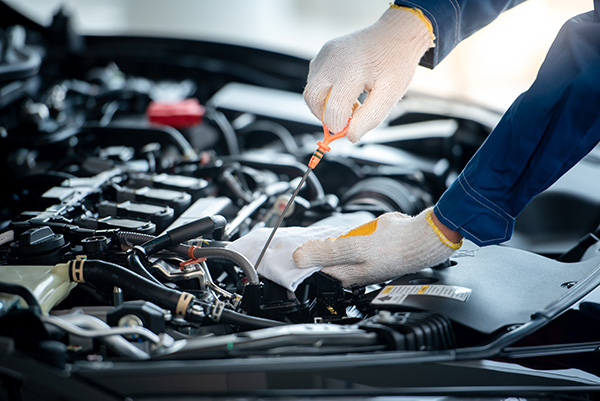
Owning a car is a significant responsibility. While it's easy to enjoy the freedom and convenience it offers, it's equally important to keep up with regular maintenance to ensure your vehicle's longevity and safety. Proper maintenance saves you money in the long run and helps prevent unexpected breakdowns. Curious about what tasks are most crucial for your car's health? We have listed the seven essential car maintenance tasks every vehicle owner should know.
1. Regular Oil Changes
Regular oil changes are one of the most fundamental and critical maintenance tasks for your car. Engine oil lubricates all the moving parts within the engine, reducing friction and preventing overheating. Over time, oil breaks down and becomes less effective, which can lead to engine damage. Most experts recommend changing your oil every 3,000 to 5,000 miles, but always refer to your vehicle's owner manual for specific guidelines.
2. Tire Maintenance
Your tires are the only contact point between your car and the road, making their maintenance crucial. Regularly check your tire pressure, as under-inflated tires can reduce fuel efficiency and increase wear. Rotate your tires every 6,000 to 8,000 miles to ensure even wear, and don't forget to check the tread depth. Worn-out tires can compromise your safety, especially in wet or icy conditions.
3. Brake Checks
Your brakes are essential for your safety, so never overlook their maintenance. Listen for unusual noises like squeaking or grinding, indicating worn brake pads. It's also important to have your brake fluid checked and replaced as needed. If your vehicle pulls to one side when braking or you notice a decrease in stopping power, it's time for a professional inspection.
4. Battery Maintenance
A dead battery can leave you stranded, so regular battery checks are crucial. Inspect the battery terminals for corrosion and ensure they are clean and tightly connected. If your battery is more than three years old, have it tested to ensure it still holds a charge. Keep an eye on warning signs like dimming headlights or difficulty starting the engine.
5. Fluid Levels
Besides engine oil, your car relies on several other fluids to operate smoothly. Regularly check the coolant, brake fluid, transmission fluid, and power steering fluid levels. Low or dirty fluids can lead to significant problems, from overheating to brake failure. Make it a habit to inspect these fluids at least once a month and top them up as necessary.
6. Air Filter Replacement
Your car's air intake filter prevents dirt and debris from entering the engine, ensuring efficient operation. A clogged air filter can decrease performance and fuel efficiency. Relying your air filter every 12,000 to 15,000 miles is generally recommended, but this can vary depending on your driving conditions. More frequent replacements may be necessary if you often drive in dusty environments.
7. Inspecting Belts and Hoses
Belts and hoses are vital components that keep your car's engine running smoothly. Over time, they can become brittle, crack, or wear out. Regularly inspect them for signs of wear and tear. Look for cracks, fraying, or any signs of leaks around the hose connections. Replacing a worn belt or hose before it fails can prevent breakdowns and costly repairs.
Ready to keep your car in top shape? Schedule a maintenance check at Guthrie's Auto Service today! Our expert technicians are here to ensure your vehicle stays reliable and safe.